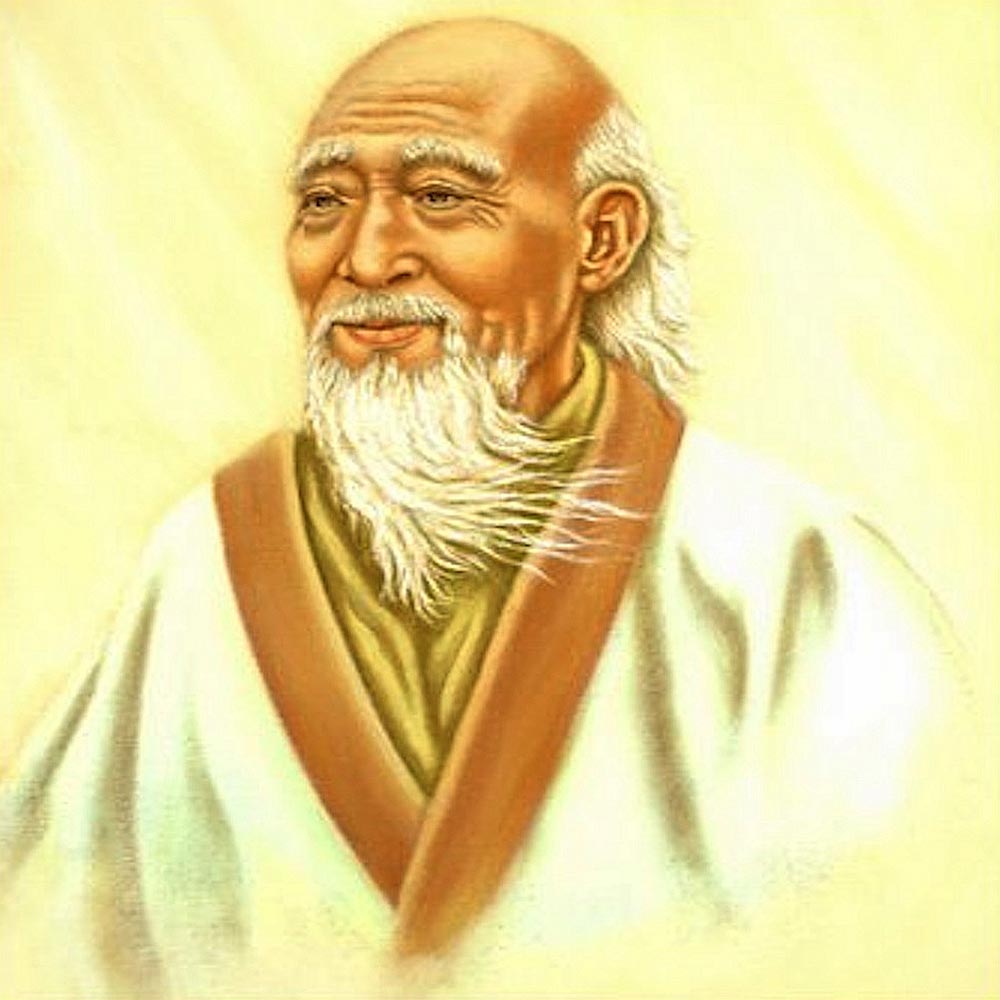


Laozi (also Lao-Tzu /ˈlaʊˈdzʌ/[1] or Lao-Tze; Chinese: 老子; pinyin: Lǎozǐ, literally “Old Master”) was an ancient Chinese philosopher and writer. He is acknowledged as the reputed author of the Tao Te Ching, the founder of philosophical Taoism, and a deity in religious Taoism and traditional Chinese religions.
A semi-legendary figure, Laozi was usually portrayed as a 6th-century BCE contemporary of Confucius, but most modern historians consider him to have lived during the Warring States period of the 5th or 4th century BCE.
A central figure in Chinese culture, Laozi is claimed by both the emperors of the Tang dynasty and modern people of the Li surname as a founder of their lineage.
Lao Tzu is not really a person’s name and is only a complimentary name meaning “old man.” It was common in this period to refer to respected philosophers and teachers with words meaning “old” or “mature.” It is possible that a man who assumed the pseudonym (assumed name) Lao Tzu was a historical person, but the term Lao Tzu also was used as a substitute title to the supreme Taoist classic, Tao te ching (Classic of the Way and the Power).
The main source of information on Lao Tzu’s life is a biography written by the historian Ssu-ma Ch’ien (145–86 B.C.E. ) in his Records of the Historian. According to Ssu-ma Ch’ien, Lao Tzu had been serving in the Chou capital for a long time. He became unhappy with the dishonest political situation and decided to go into retirement. As he was passing through the Hanku Pass west of Loyang, the gate-keeper stopped him and asked him to write down a book of his teachings. Lao Tzu then composed a book of five thousand sayings in two sections that described the theory of the tao and te. This book was then known as the Tao te ching.

Oops, you didn’t enter anything. Try again or contact us